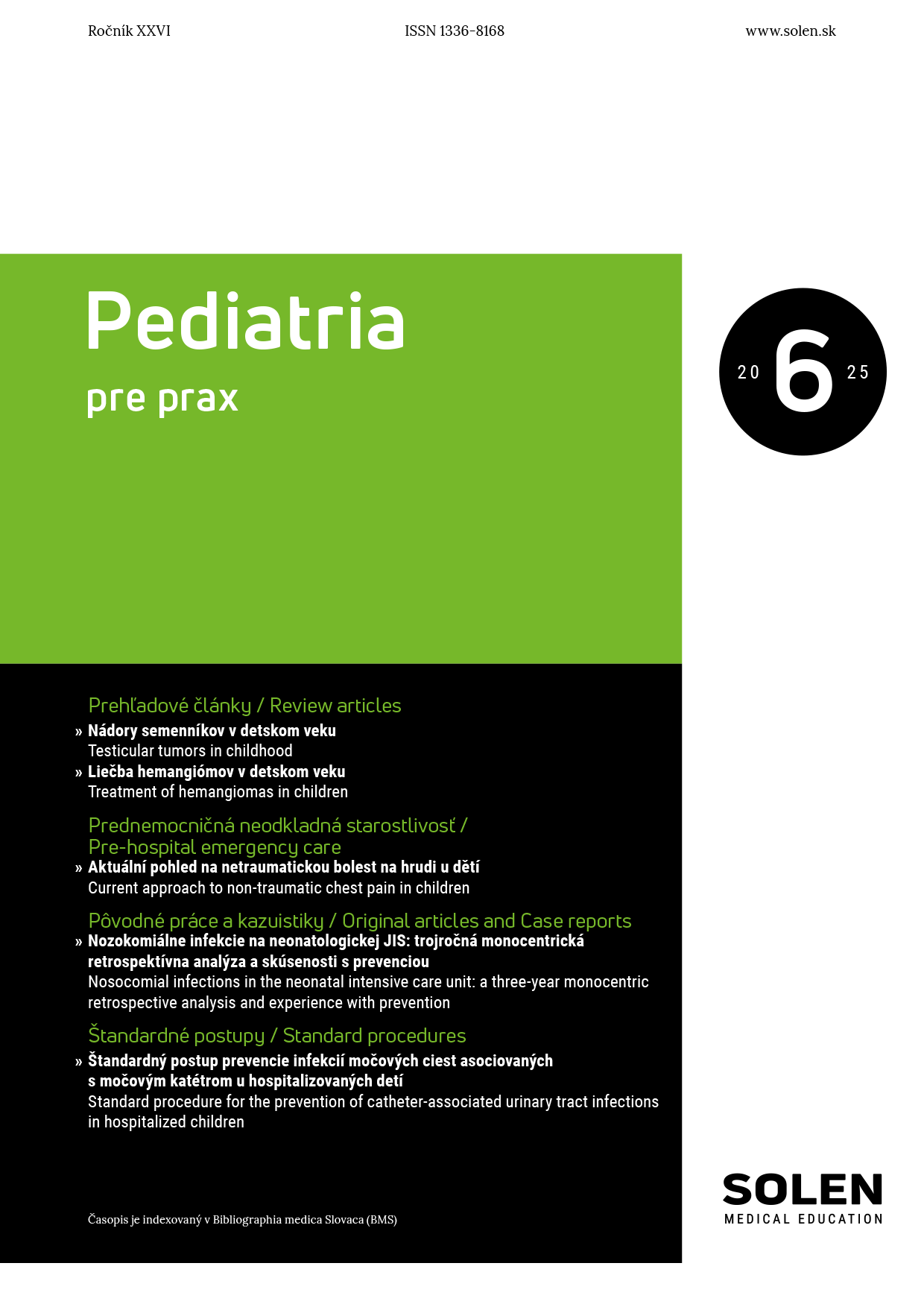Via practica 2/2023
Oropharyngeal candidiasis – cause of general inflammation and alteration of patient’s clinical condition
Oropharyngeal candidiasis is an opportunistic fungal infection which affects oral cavity and oropharynx. Its incidence has increased in last years. The most common etiological agent is Candida albicans. The disease affects especially people with weakened immune system and it also occurs more frequently among people with denture and inhaled corticosteroids. The signs of disease vary from asymptomatic course through the pain in oral cavity to food intake disorder associated with the alteration of patient’s clinical condition. The diagnosis of oropharyngeal candidiasis is revealed by the examination of the oral cavity and we confirm it by cultivation of mucosal swab. The milder forms are treated by local antifungal drugs. When the affection is wider and the overall symptoms occur, we choose a systemic antifungal therapy. The very important part of therapy is the control of risk factors.
Keywords: candidiasis, oropharynx, Candida, antifungal drugs

















